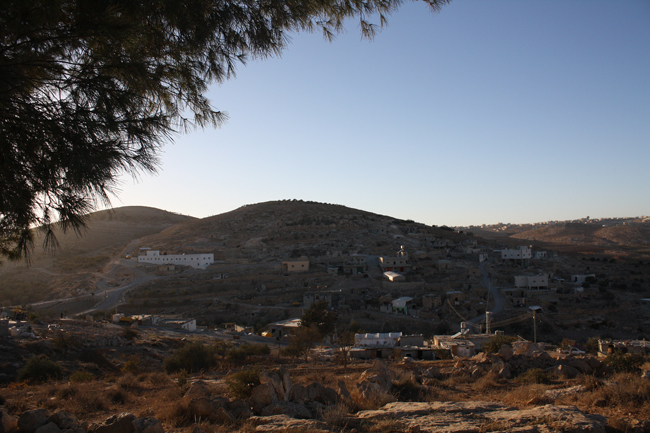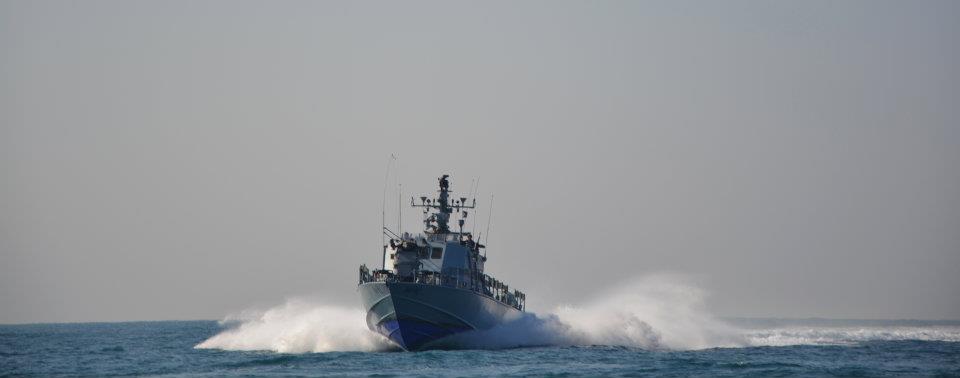Category: In the Media
-
Settlers from Mitzpe Yair continue to attack Palestinian shepherds grazing on Palestinian owned land, even during Purim
16th March 2014 | Operation Dove | At-Tuwani, Occupied Palestine At-Tuwani – On Sunday March 16, during the Jewish holiday of Purim, Israeli settlers attacked Palestinians and Internationals on Palestinian fields near Mitzpe Yair illegal outpost. In the morning, four Palestinian shepherds from the village of Qawawis were grazing their flocks south of the Israeli…
-
Local Israel boycott part of Gaza’s “resistance mentality”
8th March 2014 | The Electronic Intifada, Joe Catron | Gaza City, Occupied Palestine Agricultural organizations in the Gaza Strip are working with academic and other civil society groups to prepare for Israeli Apartheid Week (IAW). Local events, as part of the boycott, divestment and sanctions (BDS) movement, will run from Sunday, 9 March through Thursday, 13 March in the besieged coastal enclave. “On…
-
Palestinian activists successfully plant 100 olive trees in fields targeted by settlers in South Hebron Hills
15th February 2014 | Operation Dove | Susiya, Occupied Palestine On February 15th, 2014, more than 60 Palestinian men, women and children from the South Hebron Hills and city of Hebron gathered in the Palestinian village of Susiya and together with international and Israeli activists, participated in a nonviolent action organized by the South Hebron…



